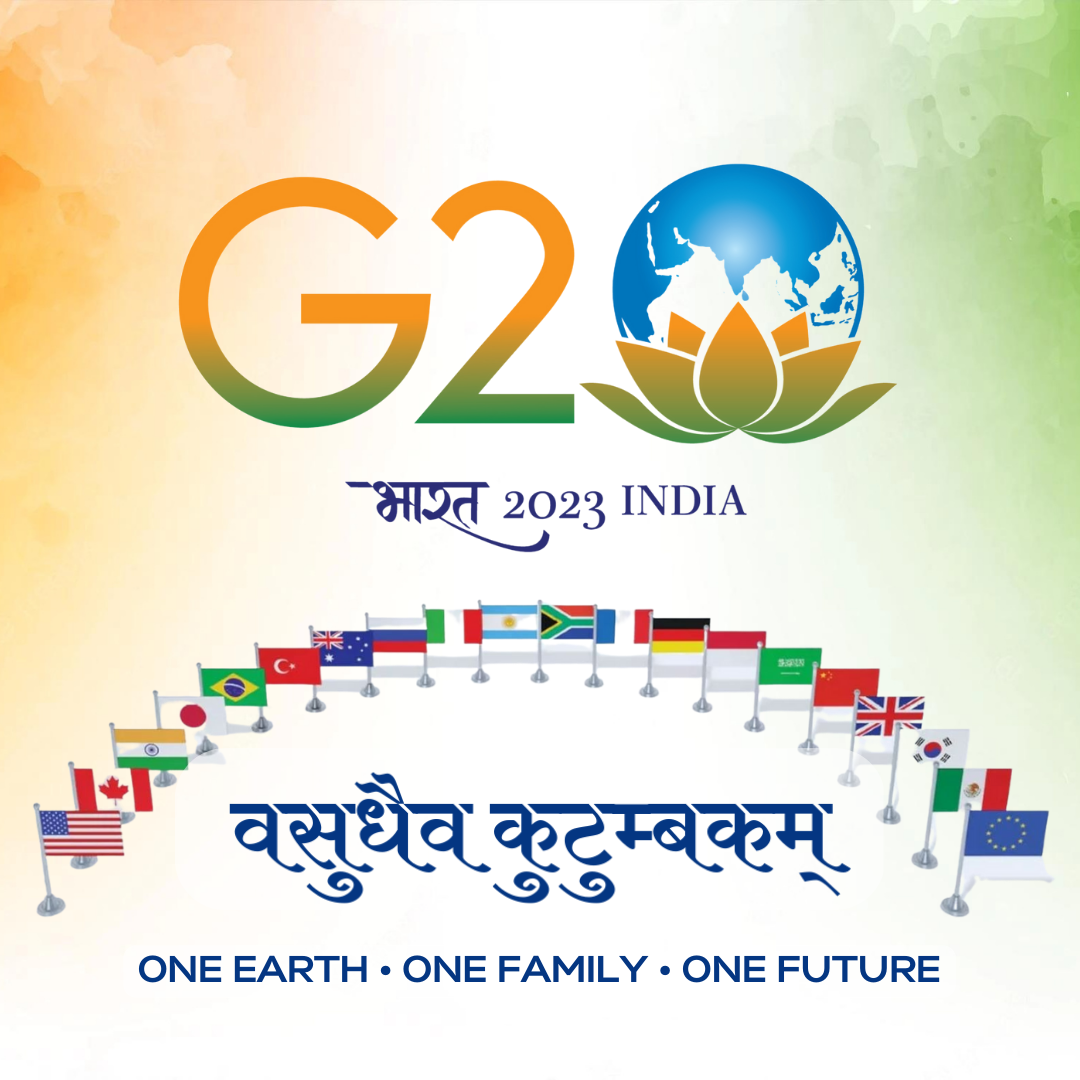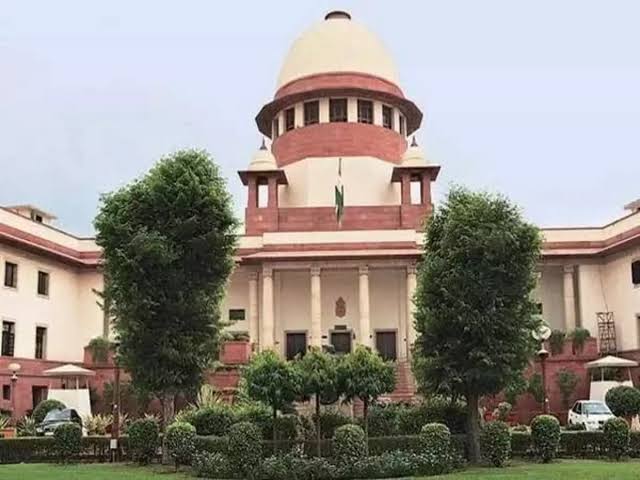New Delhi, 19 November 2023: India hosted the G20 Climate Summit in New Delhi, focusing on global cooperation to combat climate change and promote sustainable development. The summit witnessed participation from heads of state, international organizations, and environmental experts, emphasizing the urgent need for collective action to address climate challenges.
 Key Announcements
Key Announcements
1. India’s $5 Billion Green Energy Fund:
Prime Minister Narendra Modi announced the establishment of a $5 billion Green Energy Fund to accelerate renewable energy projects, support green startups, and finance innovations in clean energy.
The fund aims to achieve India’s target of 500 GW renewable energy capacity by 2030.
A significant portion will be allocated to solar, wind, and hydrogen energy initiatives.
2. Global Green Transition Agreement:
The summit resulted in the signing of the Global Green Transition Agreement, committing G20 nations to:
Achieving net-zero emissions by 2050.
Phasing out coal power plants by 2040.
Investing $100 billion annually in climate adaptation and mitigation for developing nations.
3. International Solar Alliance Expansion:
India proposed expanding the scope of the International Solar Alliance (ISA) to include solar grid integration between G20 countries, ensuring equitable energy access globally.
PM Modi’s Address
In his inaugural speech, PM Modi emphasized the need for a sustainable future, stating:
“Climate change is not just an environmental challenge but a socio-economic one. India is ready to lead the way with green solutions that ensure progress for all.”
Key Sessions and Discussions
The summit included sessions on:
Financing climate adaptation in vulnerable countries.
Transitioning to circular economies.
Promoting green technologies and partnerships.
Global Reactions
United States: President Joe Biden praised India’s leadership, calling the Green Energy Fund a “bold and necessary step.”
European Union: Commended the summit’s focus on renewable energy and pledged $10 billion in joint initiatives with developing nations.
Developing Nations: Countries like Kenya and Bangladesh appreciated the funding commitments but urged for faster implementation and fair distribution.
Criticisms and Challenges
While the summit’s outcomes were largely celebrated, some environmental activists criticized the timelines for phasing out coal and called for stronger accountability mechanisms to monitor progress.




